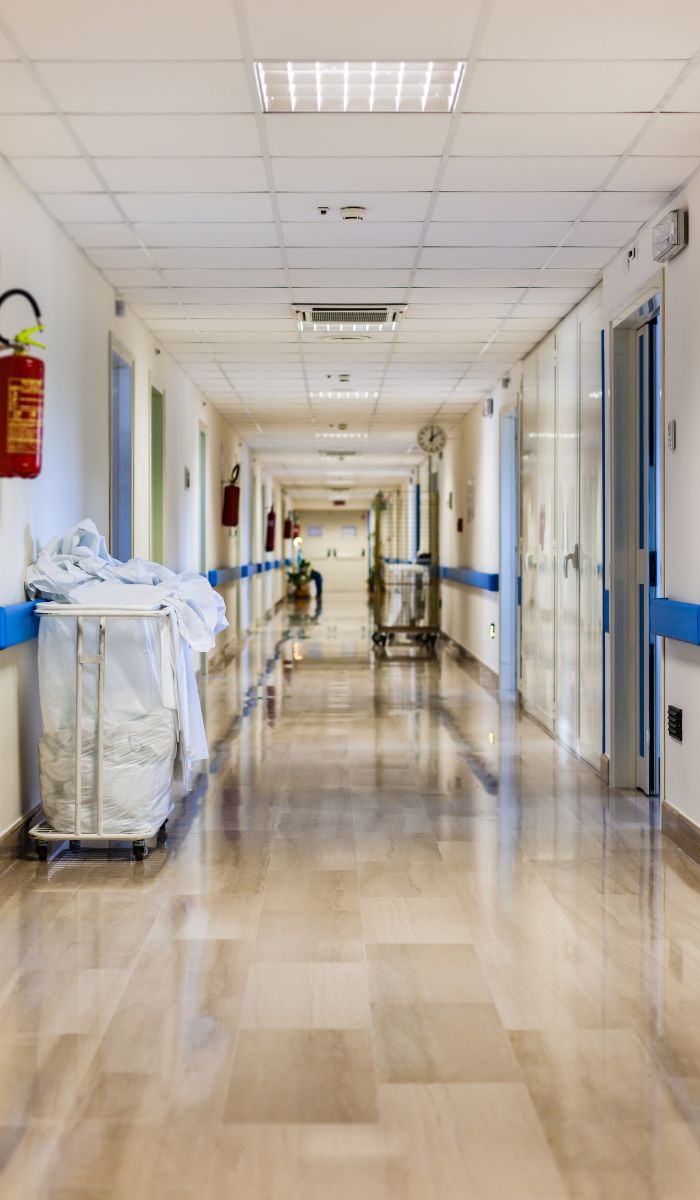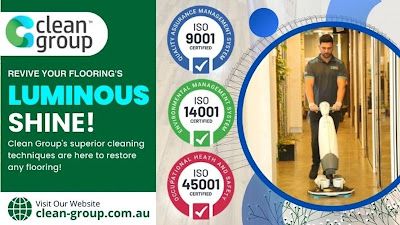
Commercial Cleaning Standards: What You Need to Know
How to Create a Cleaning Schedule for Your Office
The cleaning industry is governed by standards provided by respected associations such as the British Institute of Cleaning Science (BICSc) and the International Sanitary Supply Association (ISSA). Clean Group provides comprehensive and professional Commercial Cleaning Sydney across Sydney, NSW. Our fully insured, trained, and security-verified cleaners ensure your workplace stays spotless and hygienic. Schedule a free onsite quote today—book online or call us at 02 9160 7469. Get your obligation-free commercial cleaning estimate for offices, buildings, and other business spaces in Sydney.. These bodies offer training, resources, and best practice guidelines to ensure safety, efficiency, and quality in cleaning operations. They help establish protocols for everything from proper chemical handling to customer service etiquette.
Similarly, data centers and technology hubs present a unique challenge where environmental control is crucial. Even a small amount of dust or static discharge can interfere with delicate hardware. Commercial cleaners in these settings must follow strict guidelines that include using anti-static materials, specialized vacuums with HEPA filters, and precise movement patterns to avoid damaging sensitive equipment. Cleaning tasks may involve raised floors, server racks, cable trays, and ventilation systems. Companies servicing these environments often invest in additional liability coverage and employee training to meet client expectations and protect valuable infrastructure.


